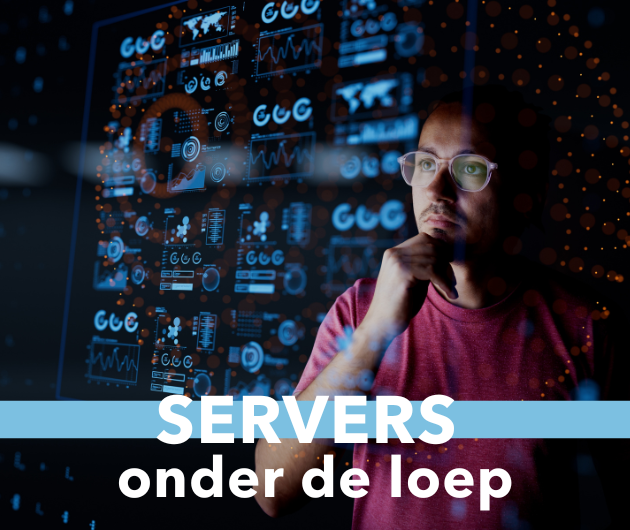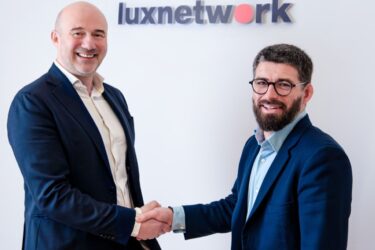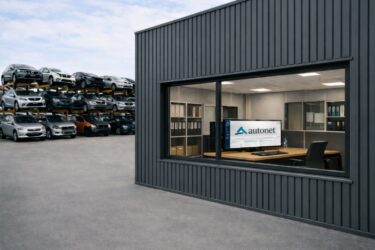Nobody today equates "Open Source" with "Free" software. It is very good that the enthusiastic amateur or academic has access to genuinely free software which can be downloaded off the Internet, but this has no role to play in the commercial world. If technicians are downloading software from the Internet for anything other than a preliminary examination, then it should not be allowed.
The problem with "free" products is that nobody is making a living from them. This means that while the product itself may be good, there is no ongoing support for it. It has been a continual problem in IT that there have been a lot of mistakes made in confusing the cost of purchase with the cost of ownership. In many cases the cost of maintenance significantly exceeds the initial cost; the cost of supporting an individual PC is a case in point, as shown by numerous studies. The cost of providing support for free software in a commercial environment could create another problem equal to the exorbitant cost of desktop computing if care is not taken.
However Open Source Software (OSS) is the best thing to have happened to IT for many years. It is essential that corporate IT accepts the concept and fully supports it. It is the only way to attack the mediocrity and excessive cost of much of the proprietary software that is in use. OSS will be the origin of competitive products but the important word is "competitive"; OSS products will not replace all other products, but they will expand the choice. The resulting competition should enforce a steady improvement in functionality, quality and value for money.
"Open source" as far as the corporate world is concerned is something to be avoided directly. All products, either derived from OSS or proprietary, must be supported and that must be paid for. The difference lies in the method employed to develop the products. Proprietary software is designed, developed and marketed by a specific profit making company; it is in the vested interests of the supplier to totally control these products, and they do! In contrast OSS introduces a layered approach. An organisation purchases a product from a supplier who will provide all the support needed. This supplier however does not develop the basic software; they obtain this from the Open Source community, paying licences where necessary, and in so doing defending the user organisation from the technicalities. The supplier of an OSS derived product makes an income from support, documentation, packaging, installation, etc. If it weren’t for the excessive profits made on proprietary software the OSS products would probably cost about the same in total cost of ownership.
OSS however has two other major advantages. First since the core source code is available there is no need to keep reinventing the wheel; the software can grow. Second there is far less possibility of limiting the functionality of one release in order to make it essential to buy the next release whether it is needed or not. A third point may also be the huge pool of talent available whose ideas are not commercially constrained.
The conclusion then is not difficult. Open Source products must be properly costed and controlled just as rigorously as any other products. Only products for which maintenance can be purchased should be allowed inside the corporate systems. These need to be evaluated against competitive proprietary applications, and the best product for the job selected. It inevitably means that there will be a mixture of OSS and proprietary software for the foreseeable future.< BR>
Martin Healey, pioneer development Intel-based computers en c/s-architecture. Director of a number of IT specialist companies and an Emeritus Professor of the University of Wales.








